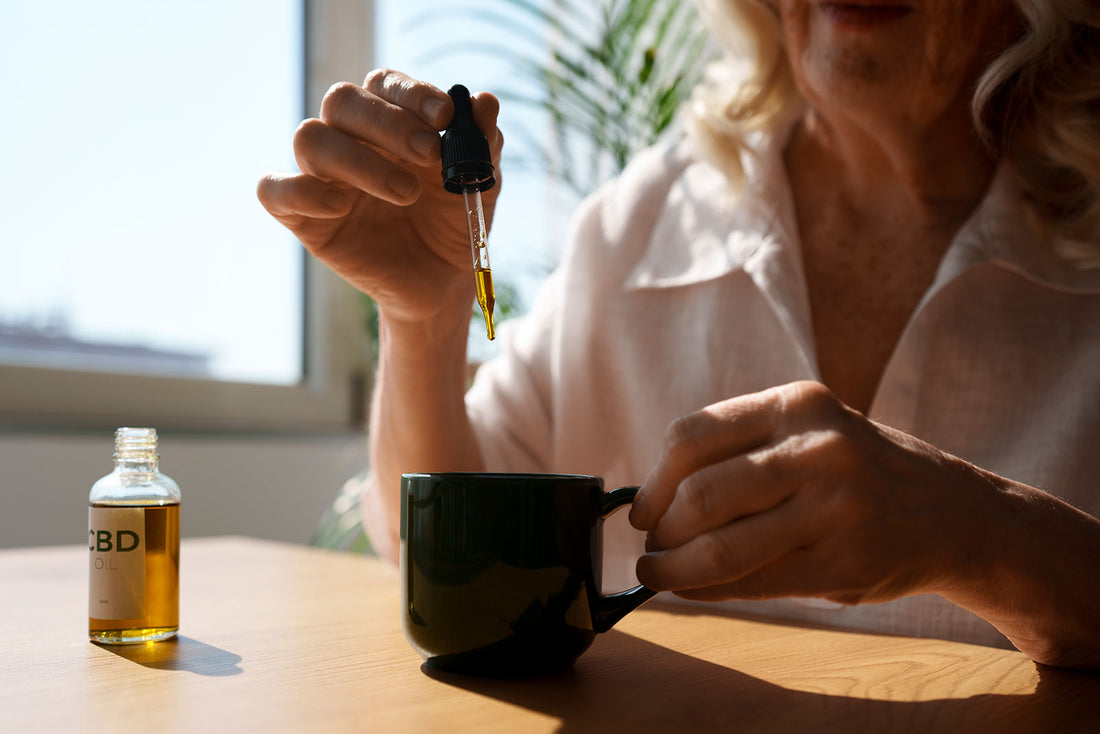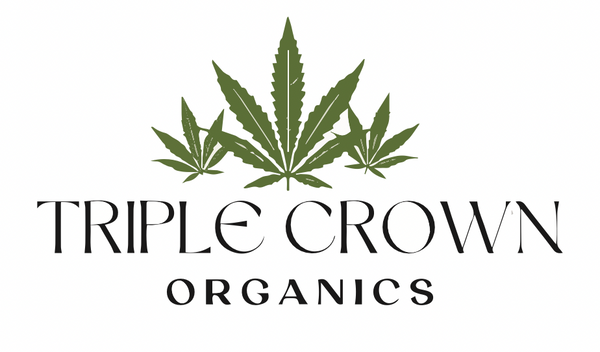
CBD Oil vs. Tincture: Which Is Better?
Share
If you're searching for natural wellness solutions, you've likely come across CBD oils and tinctures. While both offer the potential benefits of CBD, they have differences that make them better suited for different needs. In this guide, we'll break down the distinctions between CBD oil vs tincture. We’ll talk about their extraction methods, base ingredients, usage, and bioavailability.
What Is The Difference Between CBD Oil and Tinctures?
CBD oil is made by infusing Cannabidiol extract into a carrier oil, such as MCT oil (derived from coconuts) or hemp seed oil. These carrier oils help improve the absorption of CBD in your body. On the other hand, tinctures utilize high-proof alcohol as a base to extract the beneficial compounds from the plant. The use of alcohol allows for rapid absorption into your bloodstream, resulting in quicker effects.
CBD extraction methods determine the difference between CBD oils and tinctures. Cannabidiol oil is made using CO2 extraction, a method that preserves the purity and all the beneficial compounds of the hemp plant. In contrast, manufacturers can make CBD tinctures using various methods, such as alcohol extraction or traditional solvent-based techniques.
Types of Cannabidiol (CBD)
You'll often come across terms like full-spectrum, broad-spectrum, and CBD isolate. Here's a quick breakdown:
- Full-Spectrum: Contains the full range of cannabinoids, terpenes, and other beneficial compounds found in the hemp plant.
- Broad-Spectrum: Similar to full-spectrum but without Tetrahydrocannabinol (THC).
- CBD Isolate: Pure, isolated CBD without any other plant compounds.
Full-spectrum options have something called the "entourage effect." This happens when the different compounds in the CBD work together to create a powerful effect.
Usage and Bioavailability of CBD Products
The way you choose to use CBD products determines how quickly you feel the effects and how much CBD your body absorbs. Placing tinctures under your tongue (sublingual application) allows the CBD to enter your bloodstream rapidly, leading to the fastest onset of effects.
Meanwhile, putting CBD oil into food or drinks results in a slower, more sustained release as your body digests it. For example, adding CBD oil to your morning smoothie might provide a serenity throughout your day.
Bioavailability, the amount of CBD your body utilizes, also depends on the method. Tinctures offer higher bioavailability, especially when used sublingually, ensuring you get the most out of each dose.
Potential Side Effects of CBD Products
While CBD is generally considered safe and well-tolerated, some people might experience minor side effects like dry mouth, fatigue, or changes in appetite. If you have concerns or are taking medications, it's always best to consult with your doctor before using CBD products.
So, Which Is Better: CBD Oil vs Tincture?
The answer depends on your preferences. If you're new to CBD, it's often a good idea to start with a lower-potency oil to see how your body responds.
Choose CBD Oil if you prefer a product with a milder flavor profile and want the benefits of carrier oils. Pick CBD Tincture if you prioritize fast-acting effects and don't mind the slightly stronger alcohol-based taste (often masked by flavorings).
No matter your choice, Triple Crown Organics delivers the quality you can trust. We produce high-quality CBD tinctures. Find the formula that works for you.
